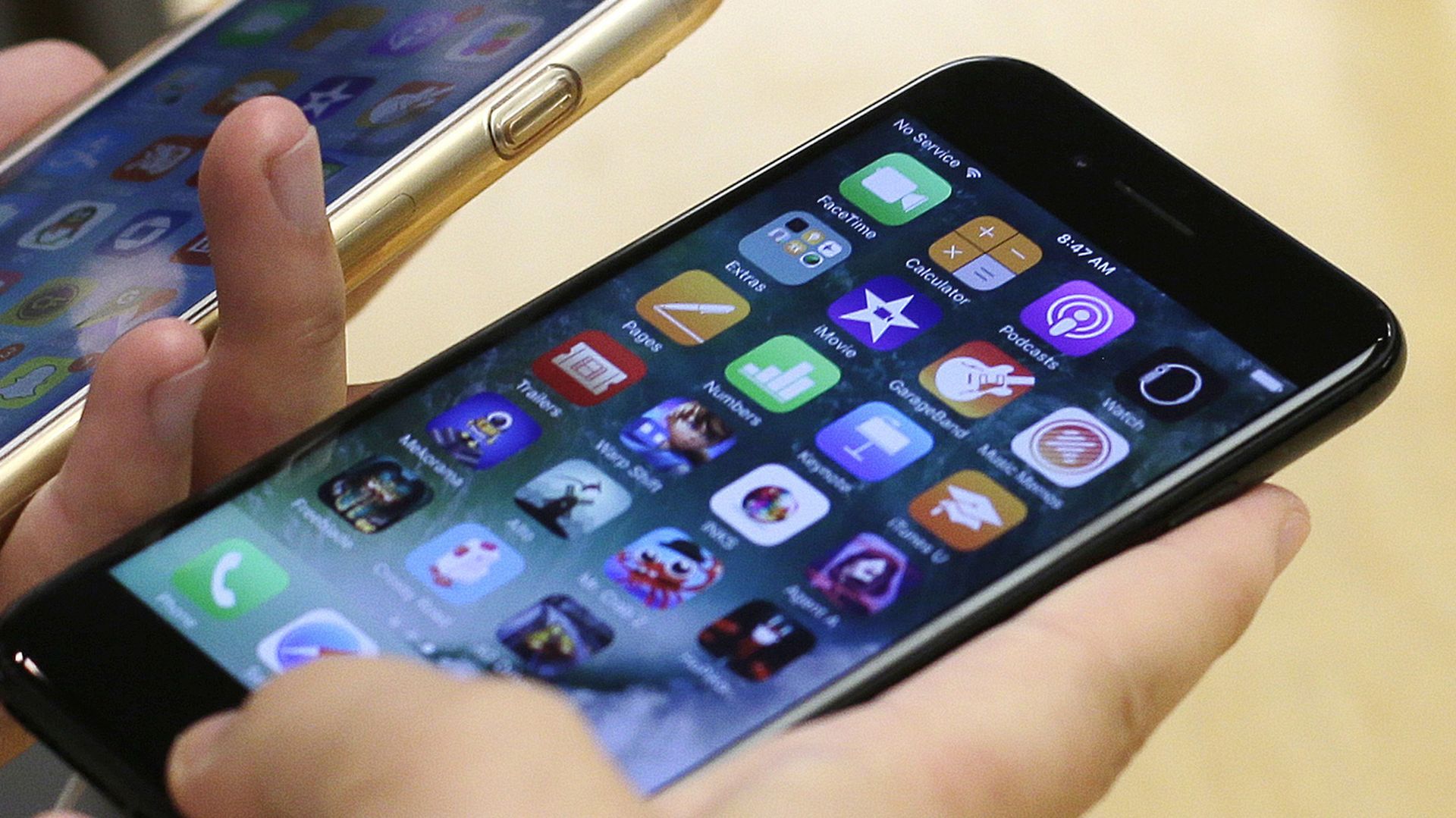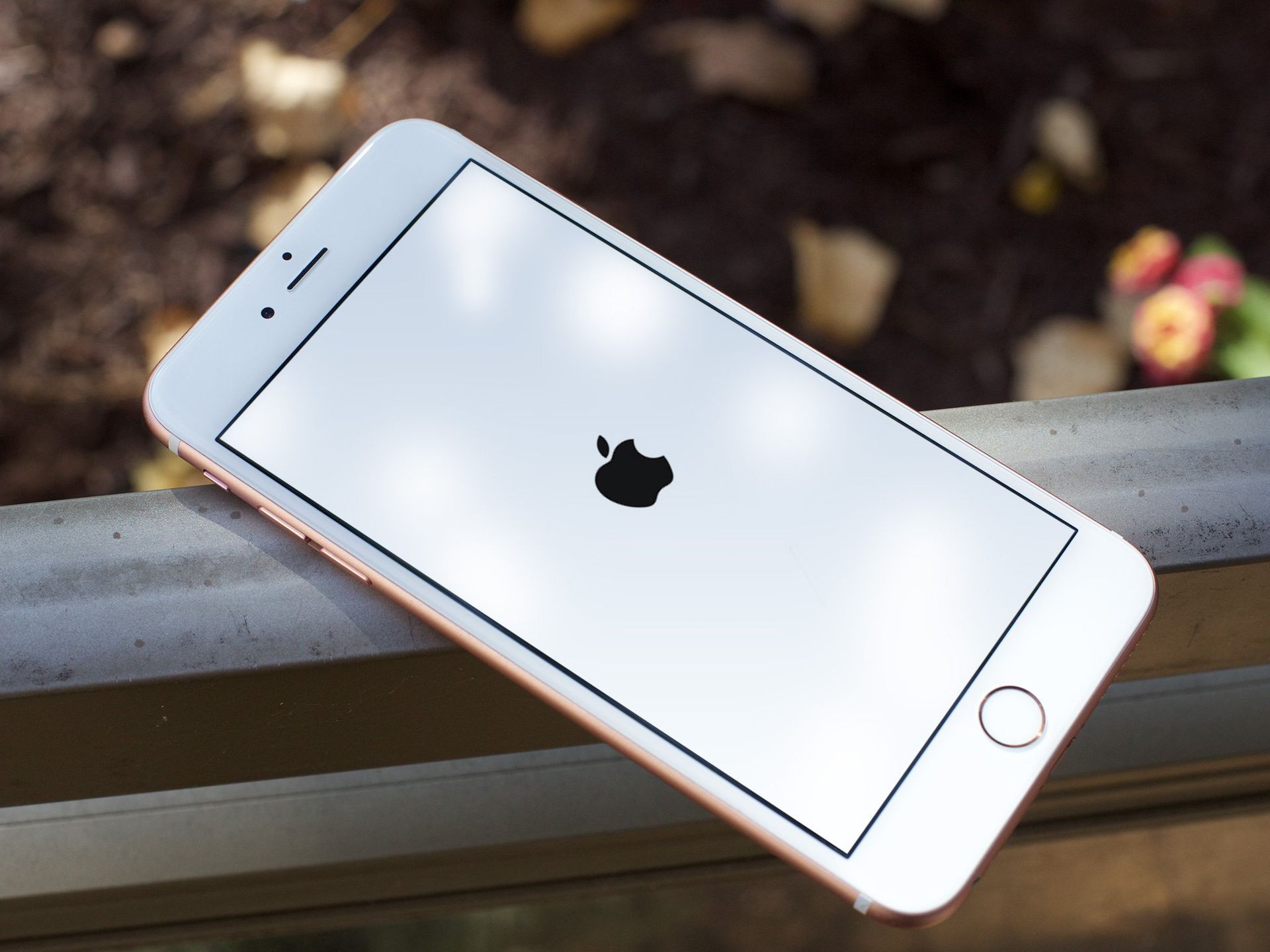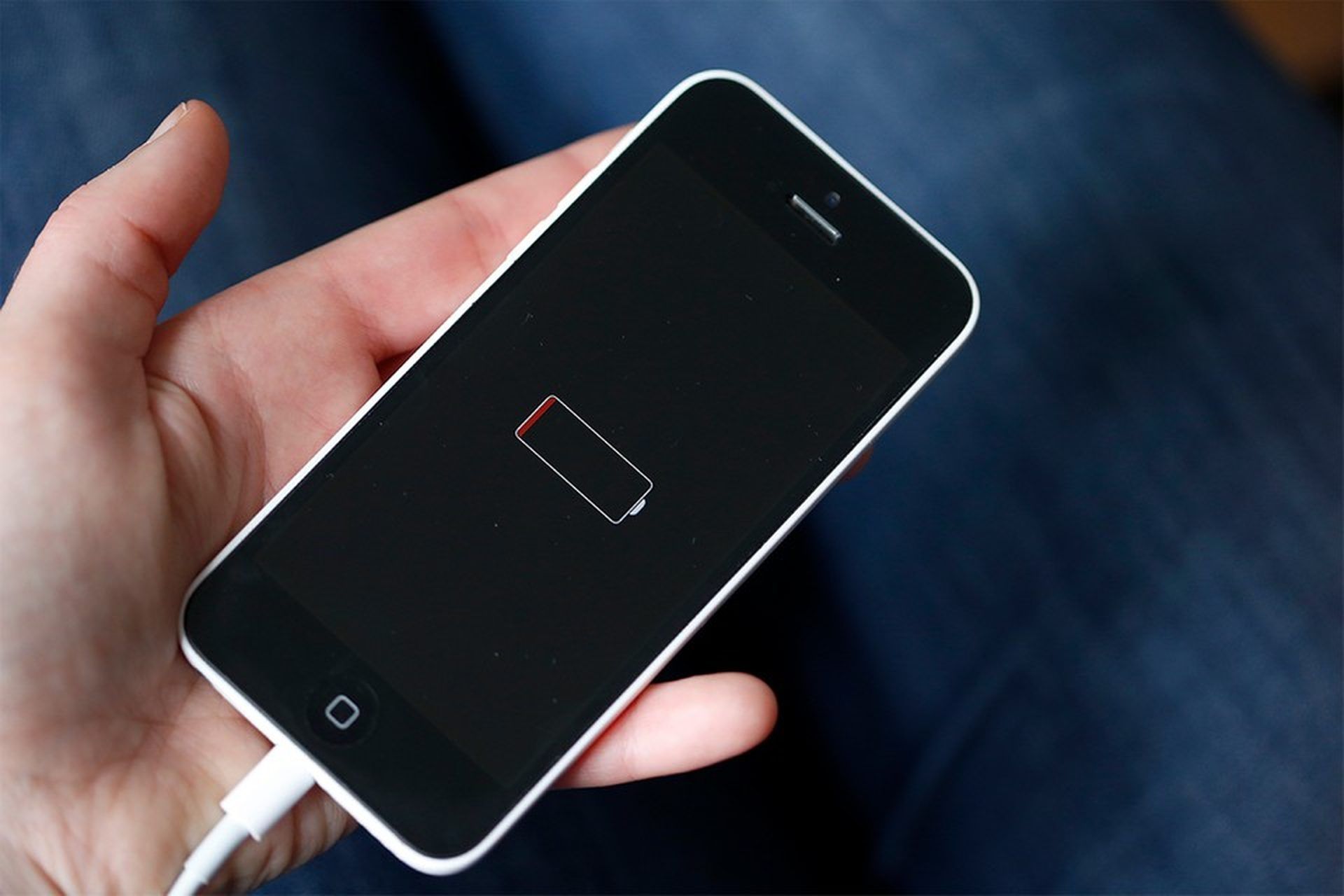- Apple reached a resolution to pay a maximum of $500 million in compensation to settle a Batterygate lawsuit in the United States, whereas a similar case in South Korea was dismissed.
- The cases dealt with the intricacies of iPhone performance management, particularly the throttling of older devices with depleted batteries to avoid unexpected shutdowns.
- The controversy originated from the lack of transparency on Apple’s part, leading to a misunderstanding among iPhone owners, who believed their phone needed replacement instead of just the battery.
- The company faced widespread criticism, and as a result, provided remedies including discounted battery replacements, the availability of disabling the performance management feature, and compensation to impacted US iPhone owners.
- The dismissal of the South Korean lawsuit was due to the stringent legal requirements, which the plaintiffs’ attorneys claim are unjust and imbalanced.
In the United States, the Batterygate lawsuit resulted in Apple agreeing to a settlement of up to $500 million. However, a similar case in South Korea has been dismissed, with the plaintiffs’ lawyers alleging unjust grounds.
Both lawsuits revolve around Apple’s decision to regulate the performance of older iPhones with depleted batteries to avoid unexpected shut downs. The crux of the issue lies not in Apple’s action, but in the manner in which it was executed.
As batteries age and undergo numerous charge cycles, their performance begins to deteriorate. This decline in performance not only shortens the amount of time a phone can operate on a single charge but also impairs its ability to handle demanding tasks.
Due to older iPhones shutting down abruptly even with residual battery power, Apple devised a solution to address the issue. The company implemented a system to monitor battery health and regulate the performance of the device when the risk of a shutdown was imminent.

The issue at hand stems from the fact that Apple did not publicly disclose its actions. Owners of older iPhones observed a decrease in performance and mistakenly assumed that their entire device needed replacement instead of just the battery. This led to accusations that Apple was deliberately slowing down their phones to drive sales and prompt customers to upgrade to a new iPhone.
The controversy quickly escalated and garnered widespread media attention, prompting Apple to issue a public apology and offer various remedies. This included discounted battery replacements, giving users the option to disable the feature, and compensating affected iPhone owners in the United States.
Batterygate lawsuit dismissed in South Korea
Despite the settlements in the United States, a similar class action lawsuit in South Korea has been dismissed by a judge, according to The Korea Herald.
A South Korean court ruled on Thursday that Apple did not deliberately slow down the performance of its iPhone handsets, dismissing some 9,800 Korean smartphone buyers’ lawsuit for 2 billion won ($1.64 million) against the United States electronics giant.
The lawsuit is dismissed,” a court judge briefly said, without elaborating as to the reason for the ruling. The ruling also indicated the plaintiffs are responsible for the entirety of attorneys’ fees.

The reason for the ruling is not explicitly stated in the report, but the decision is believed to be a result of stringent legal requirements in South Korea, which the plaintiffs’ lawyers contend are unjust.
Hannuri, the law firm representing the users, said in a statement Thursday that the ruling highlighted the need for changes in Korea’s judicial system such that all of those aggrieved by wrongful conduct do not have to be present at the suit, as well as a discovery process to force plaintiffs and defendants to reveal evidence to be presented from the beginning of the trial.
It is challenging to envision how a court could reasonably expect nearly 10,000 iPhone owners, let alone the 64,000 who initially filed a claim, to attend the proceedings. Moreover, the potential payout, estimated at only $25 per person, would likely not even cover travel expenses to and from the courthouse. Nonetheless, this appears to be the current legal framework. Recently, Tim Cook revealed that there will be no layoffs during Apple earnings call .





